Stick to pipe dreams rather than pipe nightmares, right? But what’s the best way to do this?
Make sure that the wrong things don’t go down the drain. You’ll be able to say goodbye to blockages by disposing of certain products elsewhere.
If you’re unsure about what to flush down the sink then read on. Here are fifteen of the major culprits that can cause plumbing or water supply problems.
1. Dental Floss
Long strips of stringy dental floss can snag on the sides of pipes and form a net. This then traps debris and can cause a blockage. It’s always best to put any used floss in the trash can rather than flushing it away.
2. Coffee Grounds
Many people think that coffee grounds are small enough not to get stuck in pipes. It’s time to think again as this is not the case. A plumber will tell you that used coffee grounds are one of the most likely sources of a clog in your kitchen sink.
Before rinsing and washing cups, mugs or coffee-makers, dispose of used grounds in the garbage. Coffee grounds are also great for composting. Help save the planet by recycling them on your flowerbeds.
3. Cat Litter
“Hold on,” I hear you say, “It says this kitty litter is ‘flushable’ on the packaging.” Not so fast! Even ‘flushable’ cat litter has been known to block up drains. It can also cause big problems for septic systems.
Cat litter can contain harmful bacteria picked up from your cat’s excrement. Some of these bacteria are resistant to the chemicals used to treat water. This means the bacteria could eventually find their way into the water supply.
4. Oil, Grease, and Fat
These act as a binding agent for all sorts of materials. They can create thick, sticky globs of mess. These can then block up pipes to such an extent that nothing can pass through them.
Some of the masses created in sewers by oil and grease are so big they’ve become known as ‘fatbergs’.
Put fats into a jar after use, let them cool and then place them in your trash.
5. Medication
The problem with flushing medication down the drain is that it means it will end up in the water supply. This is not a great solution.
You should dispose of medicines responsibly. The FDA advises that you should throw most of it away with your regular trash.
You just need to put them in a resealable zipper storage bag. Ensure they are mixed with something undesirable like used coffee grounds.
6. Paint Should Not Go down the Drain
Washing paint down the drain can cause the toxins they contain to end up in the water supply. Many cities have rules and regulations about the disposal of paints, whether they’re water or oil-based.
You may have to dispose of paint at a hazardous waste facility. The same applies to motor oil, anti-freeze, and other chemicals you may use in your vehicle.
7. Eggshells
They may appear harmless, but if they go down the drain they can get stuck in grease or fat and help create a thick mess. This can clog your pipes.
You may have learned some of the tricks about how to clear a clogged drain. If you don’t dispose of things properly though, you may have to go to the expense of calling out the professionals. Put eggshells in the trash.
8. Cotton Balls and Paper Towels
Paper towels and cotton balls may be biodegradable but they don’t disintegrate instantly. They’re highly absorbent and that means they’re very good at blocking up pipes.
Throw them in the trash when you’re done. Better still, switch to reusable cloth towels.
9. Flushable Wipes
Wet wipes are one of the big culprits when it comes to blockages in sewers. They combine with other materials and create a kind of super knot. This could lead to expensive sewer line repairs.
Wet wipes don’t break up like toilet paper. Ask any water treatment facility about blockages and they’ll bemoan the humble wet wipe.
In the UK, it’s estimated they cost the water industry more than a hundred million dollars a year. They make up about ninety-three percent of the material causing sewer blockages.
10. Produce Stickers
The small stickers on fruits and vegetables can create problems when washed down the drain. Because of the adhesive, they can get stuck in pipes and filters.
11. Flour, Pasta, and Rice
Mixing flour and water creates a kind of glue. That means the mixture has the perfect properties for blocking drains and pipes. Pasta will continue to expand the longer it remains in water leading to potential blockages.
The sticky semolina flour on some types of noodles can gum up the pipes as well. Grains of rice can slip down the drain. Like pasta, they’ll absorb more water and swell. This is not good if it happens in drains as it can lead to blockages.
12. Bones from Meat
Small pieces of bone will never be disposed of effectively when flushed down the drain. It’s much better to make sure you scrape them off the plate and dispose of them in the trash.
13. Gender-Specific Products
These include sanitary towels and condoms. Feminine sanitary products can expand when in water and that can create blockages. Condoms won’t dissolve, and because they’re elasticated, they can get caught up in your plumbing.
14. Chemical-Based Cleaning Products
Antibacterial agents, phosphates and other compounds harm the water’s ecosystems. It’s far better to switch to natural alternatives which are free from dangerous chemicals.
15. The Rinds of Citrus Fruits
When possible, you should try and recycle orange or lemon rinds by using them as natural deodorants for the home. If you flush them, you can clog drains. Try grating them and using them in dressings for salads.
Keep Drains Free of Blockages and Chemicals
Putting certain products down the drain can lead to blockages. This can also be harmful to our water systems. Always check to be sure the wrong things do not go down the drain.
Get in touch with us here for all your plumbing needs. We’ve been serving or customers for thirty years and use the most modern, state-of-the-art equipment.



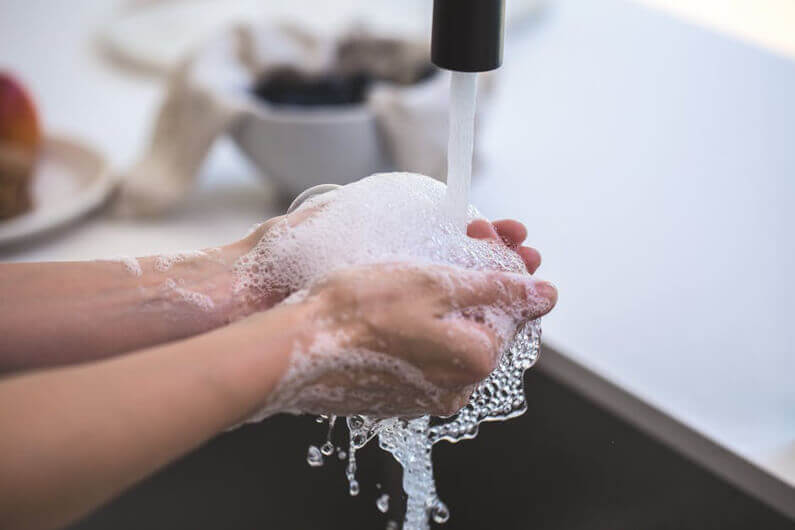
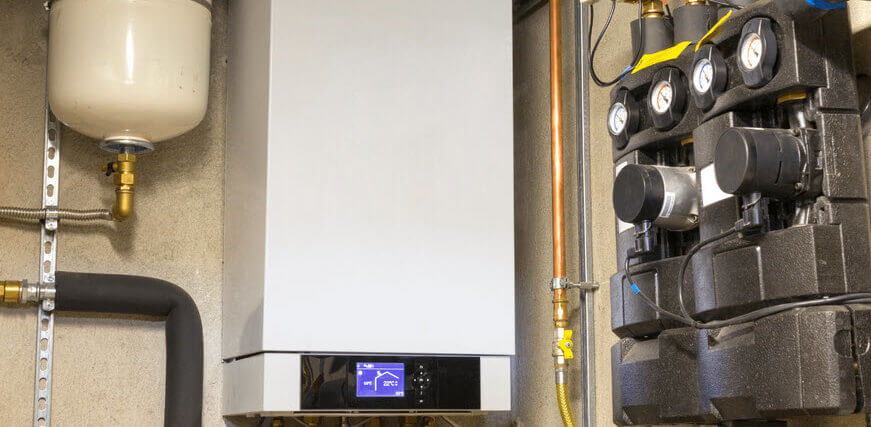

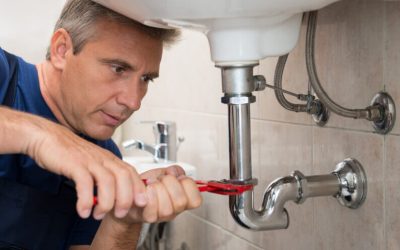

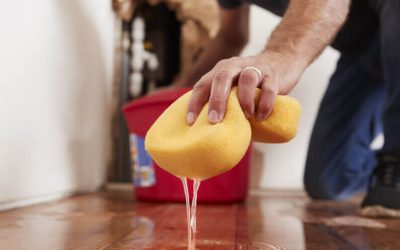


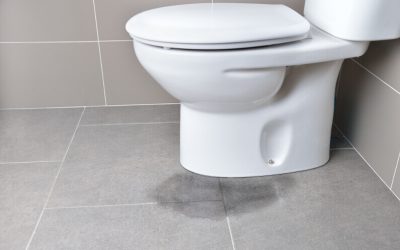
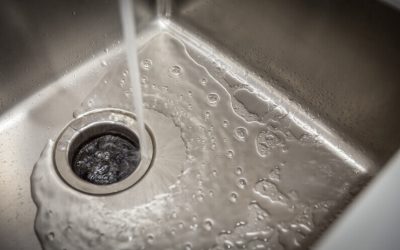
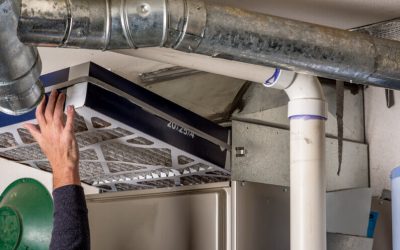
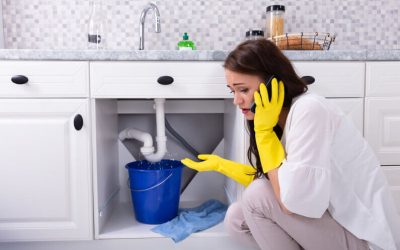

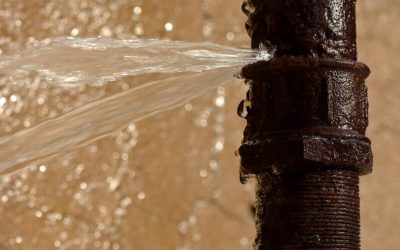
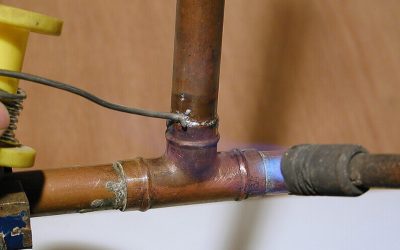
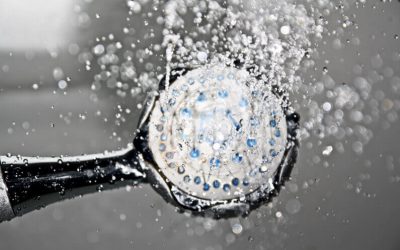
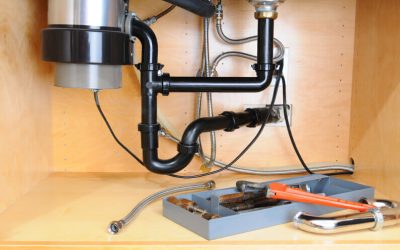
0 Comments